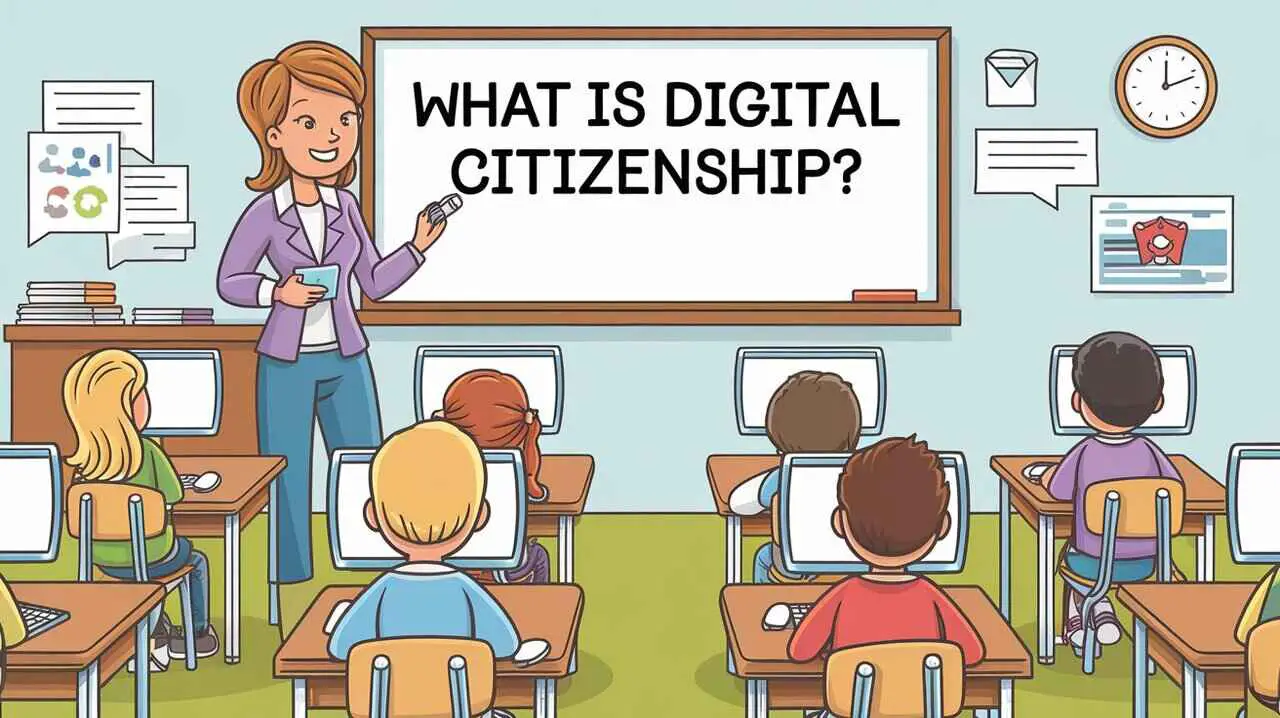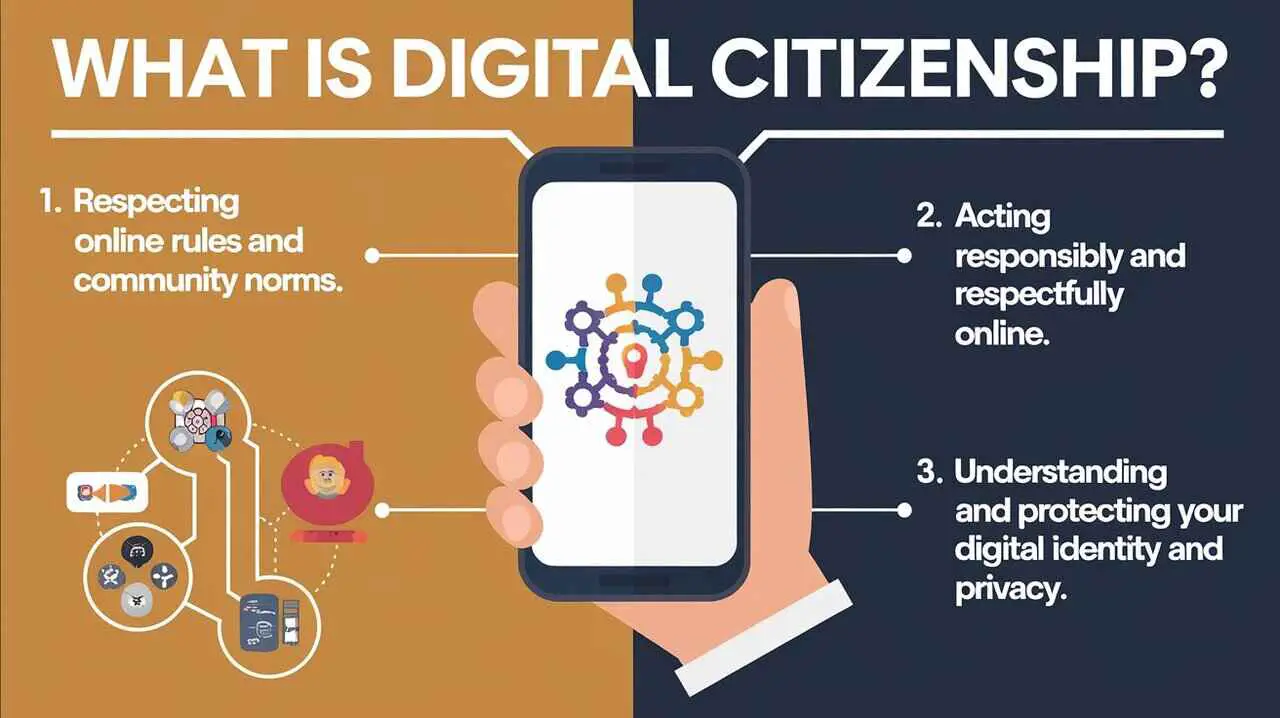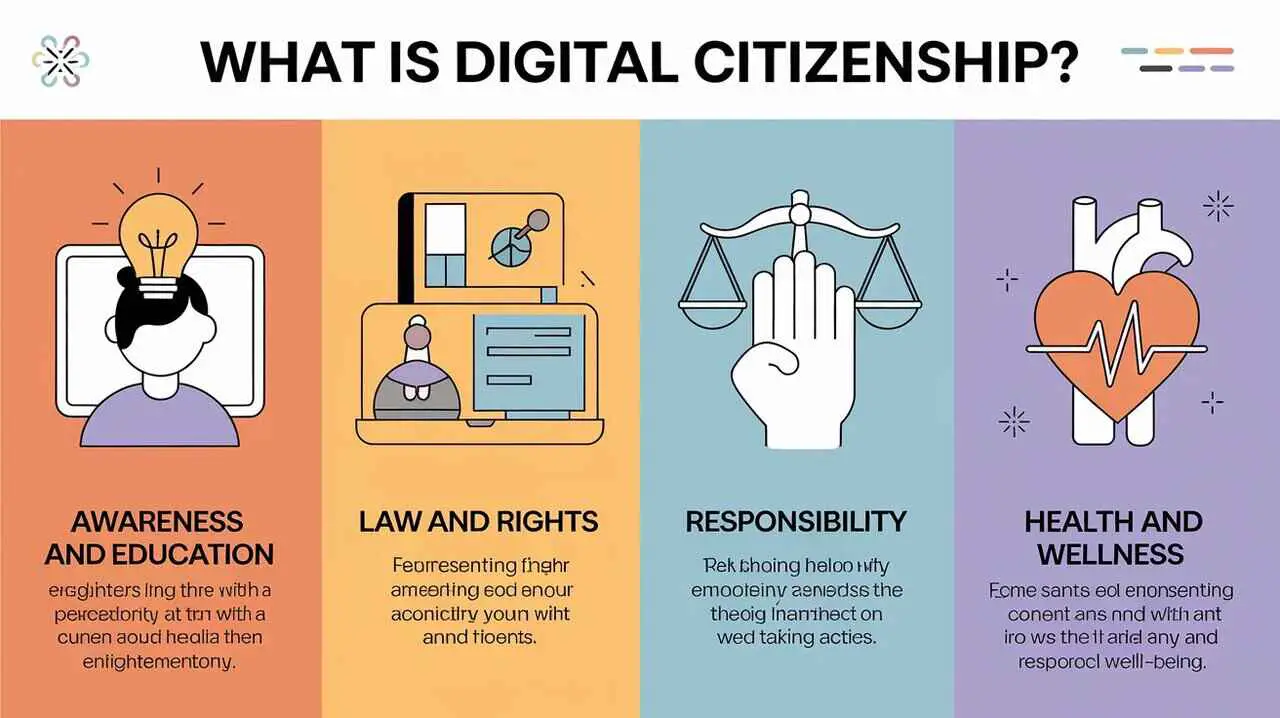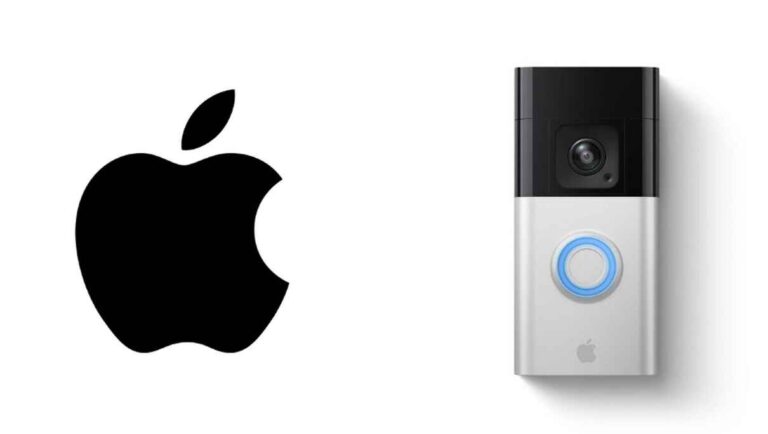What is Digital Citizenship? Why is It Important?
What is Digital Citizenship definition?
Digital citizenship refers to the basic actions that may help ensure responsibility and morality in the digital world. It means using the digital world in a safe, respectful, and responsible manner. It is a vital skill for all inhabitants of this digital world. These skills include, but are not limited to:
- Online safety: It postulates best practices for browsing, personal information protection, and awareness of danger in cyberactivity.
- Digital Etiquette: Obey netiquette rules, respect others in cyberspace, do not cyberbully.
- Critical Thinking: Critically evaluate information available online, know bias, and distinguish fact from fiction.
- Digital Literacy: Appreciate the abilities to utilize technology appropriately; these are searching for information, developing content, and communicating.

Why is Digital Citizenship Important?
- It keeps people safe: online safety and etiquette imply that people are safe online, especially as they interact with others positively.
- Digital Citizenship is achieved by creating a healthy online community. As long as there is a guarantee that everyone adheres to the tenets of digital citizenship, people become respectful and include one another in the network.
- It prepares people for the digital world. Digital citizenship education is all about success in the contemporary world, where even technology plays an active role in learning and labor practices and even in people’s associations.
- It encourages responsible behavior: Digital citizenship makes a person to responsibly handle their technology and care for the impact of their actions on others.

How to Be a Good Digital Citizen
Some tips on how to be a good digital citizen include the following:
- Be sensitive to the risks involved in going online; remain updated on online fraud and risks.
- Protect your personal details: shun temptations of posting personal information online.
- Use quality passwords; produce passwords that are not very difficult to guess.
- Be respectful of others online. Be kind to people online just as you would in person.
- Do not bully anyone online. Never will you bully or harass another person.
- Question sources from the Internet. You should not think something is true because it is online.
- Use technology responsibly. You will make appropriate, safe, legal, and ethical use of technology.

Benefits and Drawbacks
Benefits:
- Vibrant, healthy digital community
- Benefit others
- Readies for the digital age
- Moves you to take an ethical action
Drawbacks:
- This can be something that you could take time to learn.
- Not widely accepted by people.
Everyone should learn about digital citizenship. By following these tips, you could be a responsible and ethical digital citizen.
It is a great article to briefly give the most accurate information about digital citizenship and what it is. It is engaging and has quality information.






